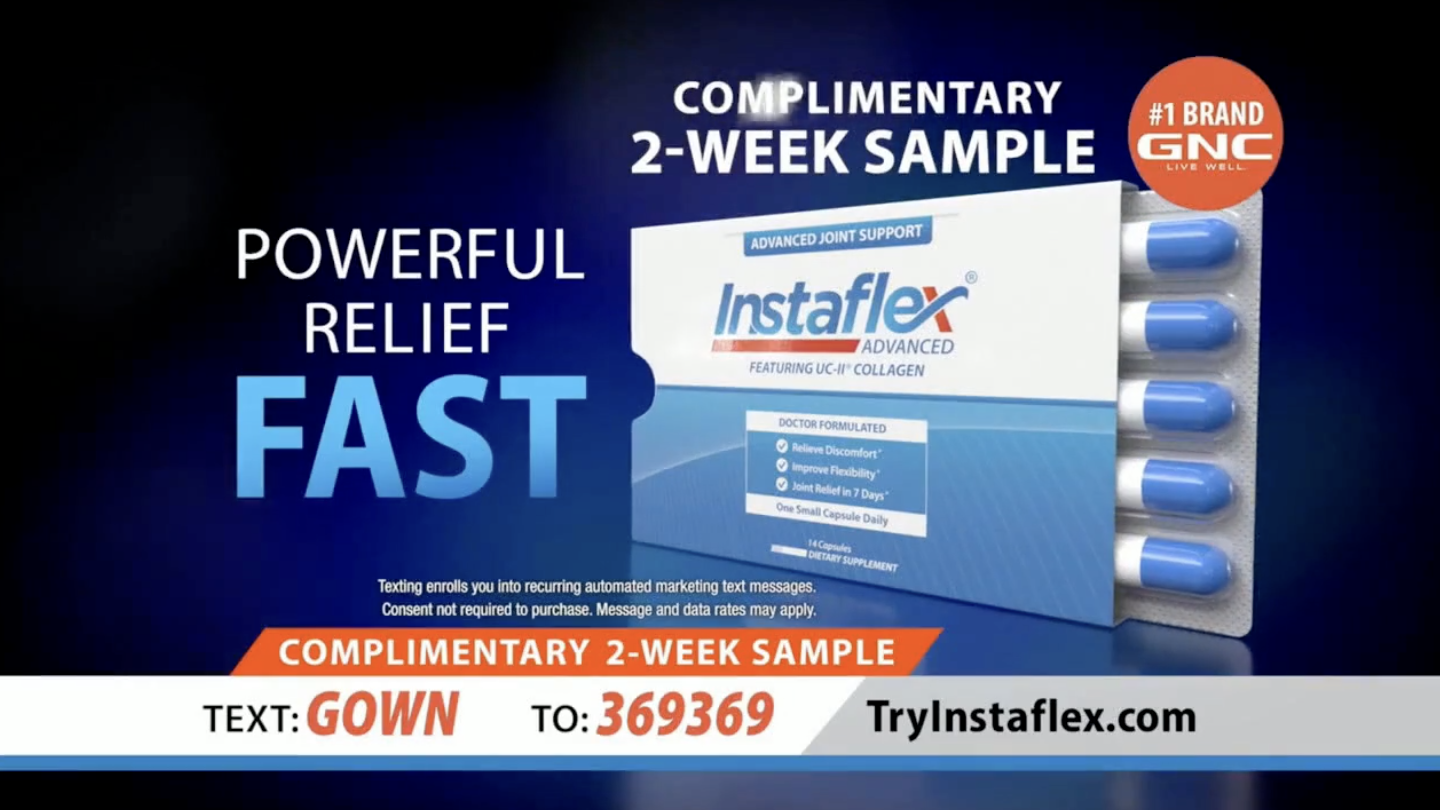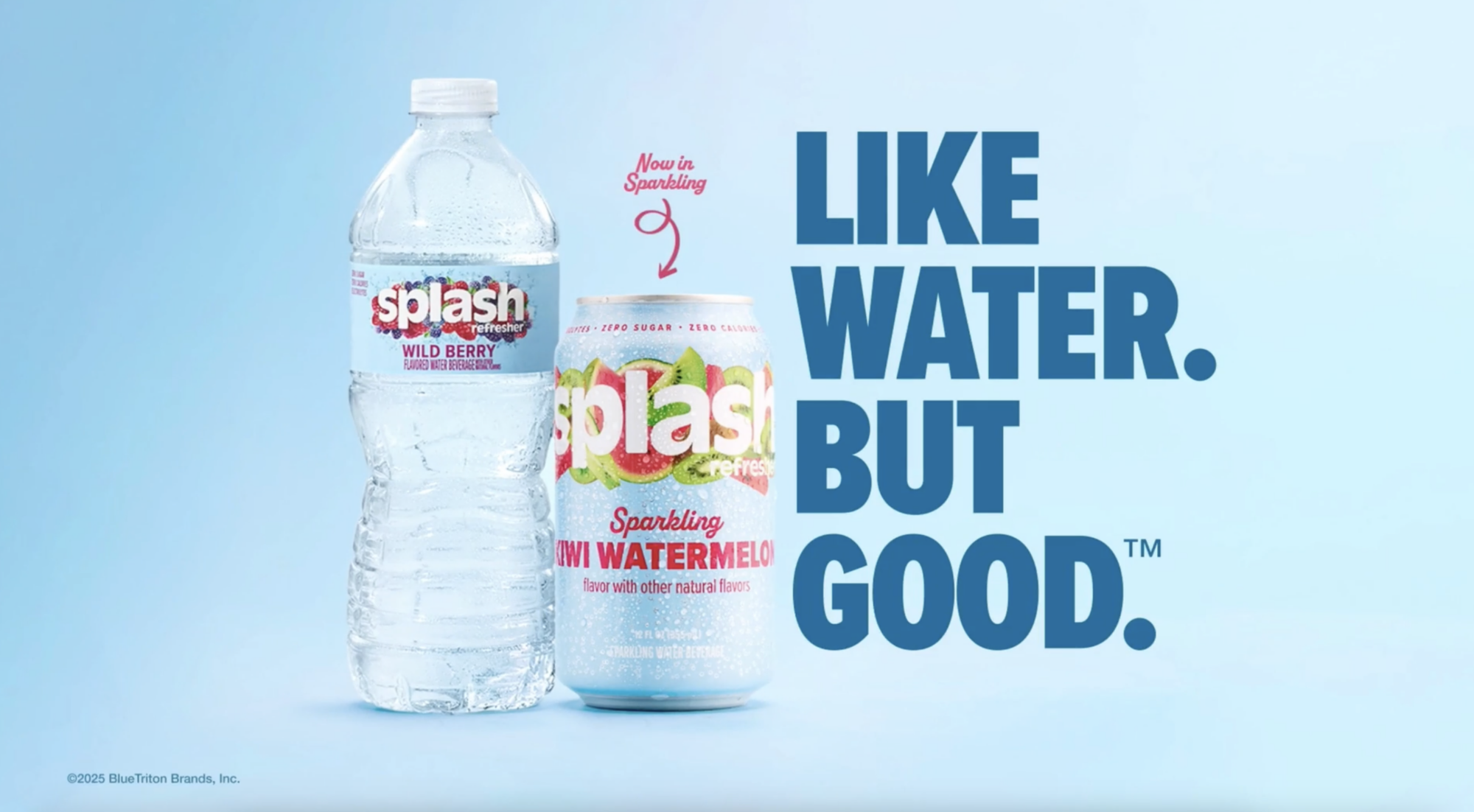
Instaflex Advanced
Can this joint supplement back up its stiff promises?
While catching up on the latest rock ‘n’ roll news on the Rolling Stone website, a TINA.org reader stumbled upon this ad promoting something called “Nature’s Liquid Adderall.”
Adderall is the FDA-approved prescription drug used to treat attention-deficit/hyperactivity disorder, or ADHD, and narcolepsy. What is “Nature’s Liquid Adderall”?
The ad links to a “consumer health report” titled “Nature’s Smart Drops Do What Prescription ‘Smart Drugs’ Cannot?” The report found that Smart Drops (aka “Nature’s Liquid Adderall”) and its combination of “ancient healing nutrients” (Lion’s Mane, Cordyceps, Reishi, Chaga and Turkey Tail) have helped millions of users, including unnamed “famous TV doctors, CEOs and celebs,” with a variety of health conditions ranging from anxiety and attention-deficit disorder, or ADD, to inflammation and depression. It discussed how the manufacturer Apetropics is struggling to keep up with customer demand after already shipping out more than 7.2 million doses.
There’s just one problem: The report isn’t actually a report. It’s an ad.
If you scroll down to the very bottom of the page, you’ll see a disclaimer that states, “This is an advertisement and not an actual news article, blog, or consumer protection update.” It goes on:
The information presented on this website is for informational and entertainment purposes only. The story is a dramatization and fictional. This website is a market place. The owner has a material financial connection to the provider of the goods and services referred to on the site in that it receives compensation for clicks onto the ad or for sales of the product. The story depicted on the website is fictional unless stated otherwise.
In fact, unless the Apetropics CEO is also a stock photo model whose stock images have been used in several Forbes articles, that isn’t him in the picture next to his quote.
Unapproved drug claims
However, even if the report was not fictional, that doesn’t change the fact that Apetropics – which drives consumers to its online store via links in the bogus report – is violating the law by claiming that its Smart Drops treat anxiety, inflammation, depression, ADD, ADHD and arthritis, among other things, without the required FDA approval. As the company acknowledges in the disclaimer at the bottom of the page:
These statements have not been evaluated by the FDA. This product is not intended to diagnose, treat, cure or prevent any disease.
But wait, there’s more.
TINA.org reached out to Apetropics for comment. Check back for updates.
Find more of our coverage on deceptive health claims here.
Our Ad Alerts are not just about false and deceptive marketing issues, but may also be about ads that, although not necessarily deceptive, should be viewed with caution. Ad Alerts can also be about single issues and may not include a comprehensive list of all marketing issues relating to the brand discussed.
Can this joint supplement back up its stiff promises?
Can supplements really help your child reach new heights?
Products contain some surprising ingredients for a drink advertised as “like water.”

